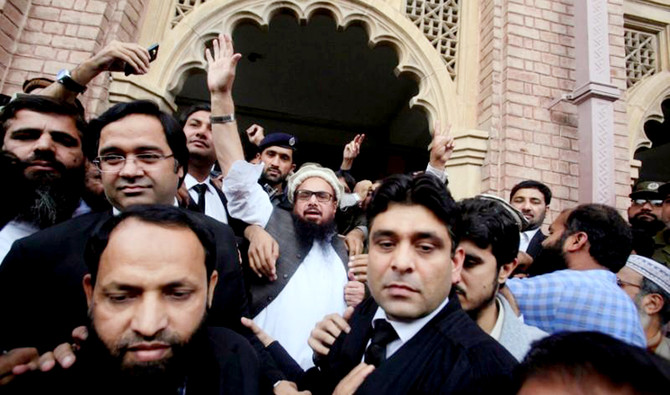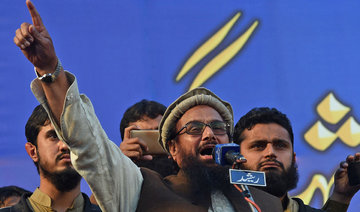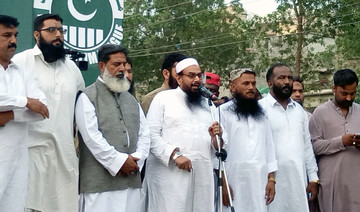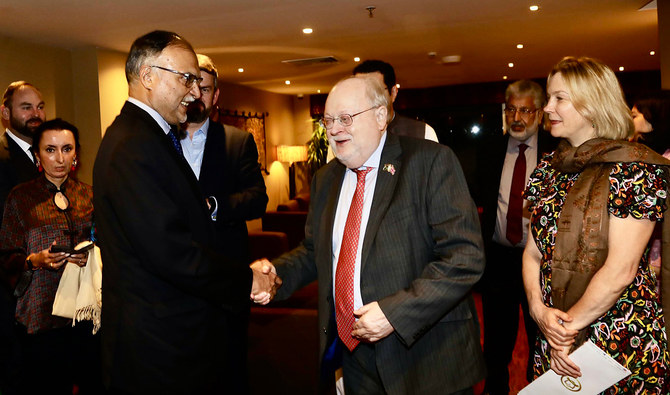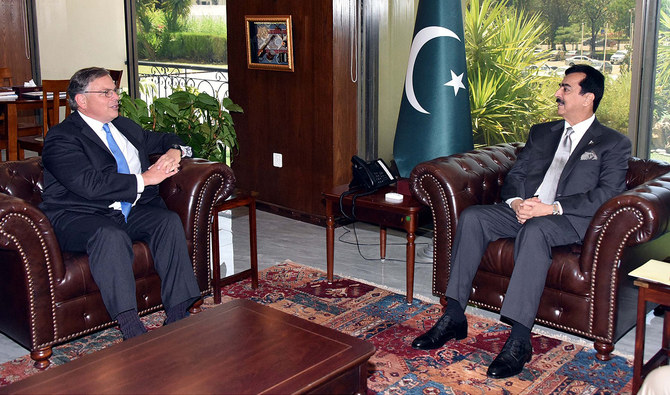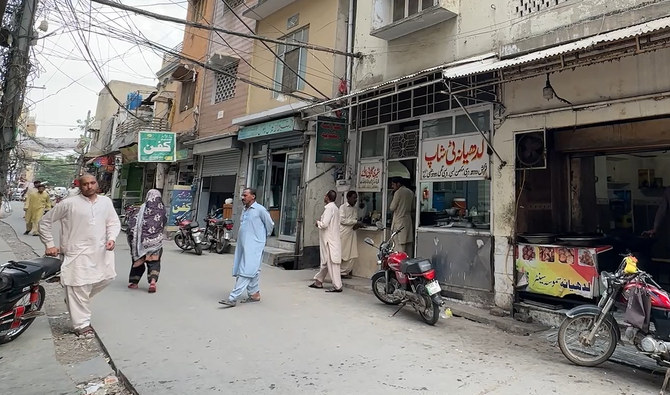LAHORE: A spokesman for the charity Jamaat-ud-Dawa (JuD), widely accused of being a front for the Lashkar-e-Taiba (LeT) militant group that waged the deadly 2008 Mumbai attacks and is on the UN list of global terrorist groups, said on Wednesday it would go to the courts to seek justice against a government crackdown.
On Tuesday, Pakistan’s National Counter Terrorism Authority (NACTA) added the JuD and Falah-e-Insaniat Foundation (FIF) groups to its list of banned organisations as part of a new crackdown against militant outfits.
Both groups are linked to LeT founder Hafiz Saeed — one of the most-wanted militant leaders in South Asia with a $10 million American bounty on his head. On his part, Saeed has always maintained that JuD and FIF are not militant groups but charities that work for the uplift of the poor.
“We are a peaceful welfare organization,” JuD spokesman Yahya Mujahid said. “Despite all atrocities, we will stay peaceful and get justice from the courts."
He said the government had closed JuD’s offices, sealed its pharmacies, health units and schools, impounded ambulances and arrested dozens of activists across the country.
“It is injustice to a peaceful organization,” Mujahid said. “Police are harassing our females during raids at our homes.”
At Al Qadsia, the JuD’s Lahore headquarters, which Arab News visited on Wednesday, little seemed to have changed other than a few policemen who could be seen standing outside the complex.
But a spokesman for the Punjab government, Shahbaz Gill, confirmed on Wednesday that police and other security agencies had launched a crackdown against proscribed groups in Punjab, including the JuD. He declined further comment, saying only that the actions were part of the National Action Plan, Pakistan’s official counter-terrorism blueprint.
Across the country, police said establishments linked to the JuD and FIF had been shut down or taken over by authorities.
In Islamabad’s twin city of Rawalpindi, a hospital, a religious school and two pharmacies run by JuD were sealed. Several religious seminaries linked to the group were also sealed in Chakwal and their staff placed under the “administrative charge” of the federal Auqaf and Religious Affairs Department, police said.
An intelligence official said police had also arrested dozens of members of the Jaish-e-Mohammad (JeM) and the sectarian militant group, Sipah-i-Sahaba, from the cities of Jhang, Bahawalnagar and Bahawalpur in southern Punjab.
Last month, JeM claimed a suicide bombing in the Indian-administered Kashmir region that killed at least 40 Indian paramilitary police and brought India and Pakistan to the brink of war.
On Tuesday, Pakistan said it had detained two close relatives of JeM chief Masood Azhar. A day earlier, Pakistan's foreign ministry had announced it had taken fresh steps to make it easier to seize and freeze the assets of people and groups facing U.N. sanctions.
All these actions come amid growing international pressure on Pakistan to act against militants operating on its soil, particularly those that target India.
Last year, the global watchdog, the Financial Action Task Force (FATF), put Pakistan on a watchlist of nations with inadequate controls to prevent terror financing and money laundering, handicapping chances of attracting Western investment in Pakistan’s fragile economy.
Last week, India and Pakistan came to blows after India said it had struck a JeM training camp in northern Pakistan and killed hundreds of militants. Pakistan denied this, saying India had dropped six bombs on a wooded area and caused no damage to human life or infrastructure. Last Wednesday, Pakistan downed an Indian jet that entered its airspace and captured its pilot.
In the backdrop of escalating tensions between the two nuclear-armed neighbors, the interior ministry announced that it was launching a fresh crackdown against militant groups but reiterated that this was not due to “external pressure.”
“Pakistan is taking action against militant groups under pressure of FATF and the UN,” political analyst Dr. Hasan Askari Rizvi said. “The crackdown looks serious this time but let's see how long the government sustains it as it's not an easy job.”


